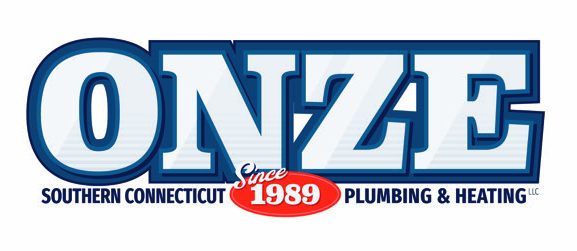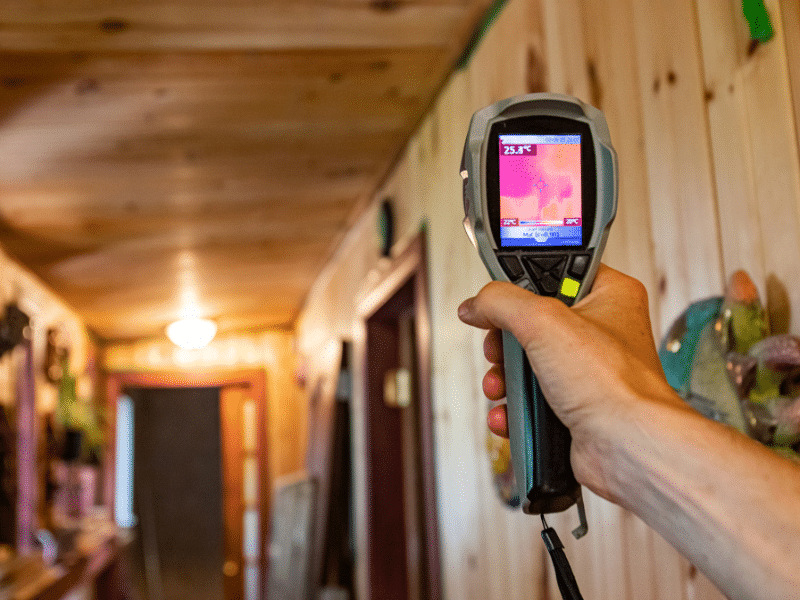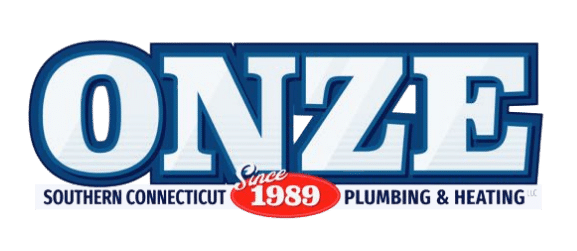Tips to Improve indoor air quality after renovation
Home repairs, renovation, and remodeling projects can play havoc with your indoor air quality making it unhealthy for you and your family. During repairs, pollutants and toxins are released into the air, such as paints, primers, superfine dust, mold spores, fiberglass, VOCs, and many more.
Many of these toxins can penetrate deep into your lungs, and some can even enter your bloodstream. This can be particularly dangerous for children, the elderly, immunocompromised, and those with respiratory illnesses.
Ideally, you should move to another place till the renovations are going on, but in case that is not feasible, there are things you can do to prevent or minimize indoor air problems.
Avoid creating dust
The simplest thing to do is to avoid creating dust. If it cannot be avoided, try to contain it. You can use low-dust practices such as misting surfaces with water before scraping or sanding. Keeping the work area covered and using barriers to keep dust contained can also make a massive difference in air quality.
Depressurize the work area: Air circulates through the house constantly. However, keeping a small fan to blow out from the work area can prevent dust from spreading inside the house.
Instead, air from the rest of the house will get drawn to the work zone.
Purify the air
Running an air purifier at high settings can keep indoor air quality in check. You can use room air purifiers or your HVAC system’s air purification system to get rid of the pollutants such as mold, pet dander, dust, and other fine debris generated during the renovation. This will also help combat the harsh odors produced by Volatile organic compounds (VOCs).
Cover air vents
If you are using a forced air system, it is advisable that you cover air supply and returns. This will prevent pollutants and toxins from the work area from spreading to other parts of your home.
Replace the air filters
Your air filters will take a beating during your home renovation project. Once the renovation is complete, you should change all your air filters; otherwise you will continue to pollute your indoor air with airborne particulate matter and other construction debris. You must also continually invest in high-quality HEPA filters for the best results.
Vacuuming
Just vacuuming regularly during and after each day’s renovation work can minimize the accumulation of dust and other pollutants that can circulate through your indoor air. Also, make sure you change your vacuum cleaner filters at regular intervals, especially at the end of the renovation project, to ensure that it works at its peak efficiency.
Air duct cleaning
Despite taking all precautions, dust and other pollutants will still accumulate in parts of your home and circulate through the indoor air. So, cleaning your air ducts professionally after completing the renovation project is essential. The air ducts play a crucial role in air circulation inside your home, and cleaning them can help improve your indoor air quality significantly.
Ventilate your house
Ventilation should always be a priority for a house. Especially proper ventilation around the house is needed after renovation and repair work.
After installing flooring, applying paints, or any other activities that can generate a lot of pollutants, you should provide maximum ventilation to the place. Continue to provide ventilation for up to 72 hours after completion of the job.
The air quality can be significantly compromised if the house is not adequately ventilated after renovation and repair work. To avoid health hazards, never miss out on ventilation.
If you have renovated your home recently and need help improving your indoor air quality, get in touch with our team immediately.




